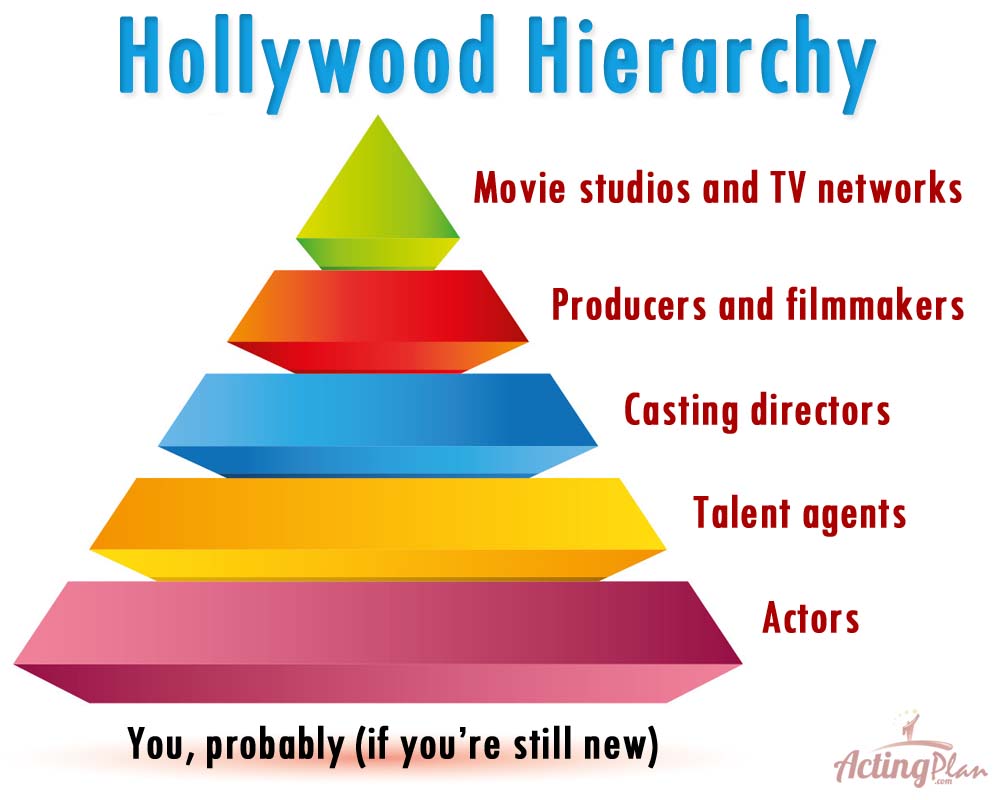The Casting Connection - Truths
The Casting Connection - Truths
Blog Article
Some Known Factual Statements About The Casting Connection
Table of ContentsNot known Incorrect Statements About The Casting Connection The 9-Minute Rule for The Casting ConnectionAn Unbiased View of The Casting ConnectionThe Casting Connection - QuestionsHow The Casting Connection can Save You Time, Stress, and Money.
A talent agent acts as an agent for artists, entertainers, professional athletes, and other people in the show business. Their main duty is to promote and represent their customers' rate of interests, helping them safe possibilities such as acting functions, modeling jobs, endorsements, songs agreements, or sporting activities deals. Ability representatives work very closely with their clients to understand their profession goals and desires, and afterwards leverage their industry connections and competence to work out agreements, protected tryouts, and check out numerous avenues for exposure and success.Skill agents normally function in hectic and dynamic environments that focus on the amusement sector. Their offices can vary based upon the dimension and kind of firm they are used in. Here are some usual aspects of the office of a talent scout: Talent Agencies: Many talent scout operate in ability agencies, which can vary from tiny store agencies to large, well-established firms.

The 7-Second Trick For The Casting Connection
These meetings can happen in the firm's office, at client occasions, or at exterior places practical for the customer. Auditions and Spreading Phone calls: Agents might accompany their clients to tryouts and casting calls, offering assistance and support throughout the procedure. This might include taking a trip to various areas, such as manufacturing workshops, casting offices, or movie sets.
These negotiations frequently take place by means of phone or email, with representatives functioning carefully to protect positive terms for their customers. Research Study and Sector Updates: Representatives remain notified about market fads, casting calls, and market needs. They carry out research study on possible clients, tasks, and industry developments to give important insights to their customers.
They utilize e-mail, phone calls, video clip conferencing, and specialized software program to remain in touch with clients and industry get in touches with. https://castingconnection.edublogs.org/2024/08/13/the-ultimate-talent-agency-database-services-in-the-united-states/. High Stress and Long Hours: The amusement sector runs on tight routines and target dates - Actor Resources Online. Skill representatives often work lengthy hours, including evenings and weekend breaks, to guarantee they are readily available to react to chances and customer requires without delay
They should be strategic and convincing to secure the very best offers for their clients, whether it's for a duty in a film, a modeling contract, or a songs bargain.
The Single Strategy To Use For The Casting Connection
When you understand the distinction, it comes to be extremely clear. But several individuals new to the acting business, and a lot more of those beyond it don't recognize the distinction. So, in a few words: Basically, a talent scout is employed by the star to stand for the star. The star's representative looks out for talent's interests, working on their part (the really interpretation of "agent").
They are worked with by the producer or the end-client, and their allegiance is to that side of the production chain. In the organization of item marketing and advertising and marketing communications, there are all kinds of agents.

And yet, although the talent scout is paid by ability (normally through compensation), they should also satisfy the producer to do their work efficiently. Casting Agent: Seldom in significant markets, but often in smaller sized markets, some skill agents play both functions, at the very least functionally. They represent the talent (typically being paid by compensation), but they might also conduct tryouts themselves.
An Unbiased View of The Casting Connection

Ad agency: This agency stands for the "advertiser," which is the company that creates or markets the product and services being sold. https://www.startus.cc/company/casting-connection. With the flowering of media types over current years, an ad review firm might create any kind of type of advertising and marketing communication or audio product, ranging from a radio commercial to a viral internet video clip
These, and representatives by various other names are comparable to the advertising and marketing company, in that they serve the online marketer, in numerous ways. Their solution may be broader (e.g., a marketing agency could do anything that is marketing-related), or might be a lot more specific (e. Theatre audition scripts and librettos.g., a media firm advises and/or gets media time and space)
The 45-Second Trick For The Casting Connection
Skill Scout. It refers to seeking out fascinating (and with any luck capable) talent, instead than going out via the standard spreading chain and having chosen alternatives come back.
From a client/producer's perspective, hunting for skill is a legit method, however possibly not their only strategy. It's naturally ineffective and unpredictable; the ability may have some distinctive top quality, but be inexperienced, undirectable and/or undependable, and obviously, the outset of a tight production routine is not the moment to begin searching for diamonds in the rough.
Report this page